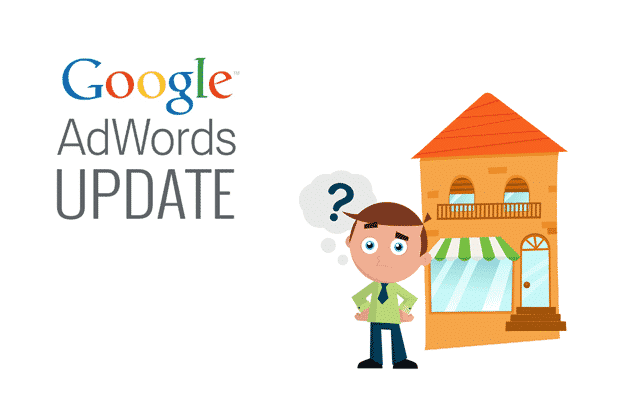For a long time, Ad Rank was calculated using the advertiser’s maximum CPC bid and quality score. What does that mean exactly? Google took the amount you were willing to pay per click and multiplied it with its grading of the quality of your keywords, ad texts and landing page. The result that came out of it was the Ad Rank for one of your ads. With the update, Google is taking another variable into play: ad extensions, its formats and their expected impact. Ad extensions are a great way to to make your ads more visible, prominent and, therefore, can increase click-through rates. Since these extensions make user searches more convenient, it is in Google’s interest to push these, in order to improve user satisfaction. This update is a very strong push forward, since it is implemented in the actual Ad Rank formula. Luckily, Google stated that advertisers don’t need to get too crazy about choosing the right extensions: “In each auction, we’ll generally show your highest performing and most useful combination of extensions and formats among those eligible. So there’s no need to try to guess which extensions will help improve your clickthrough rate the most.” Another statement is that advertisers might experience a lower CPC and/or higher click-through rates if their ad extensions are performing well: “You may see lower or higher average CPCs in your account. You may see lower CPCs if your extensions and formats are highly relevant, and we expect a large positive performance impact relative to other competitors in the auction.”
What’s the impact of the new Ad Rank formula to small businesses?
The problem with this Ad Rank update is that it’s bad news for small businesses advertising on Google. From my experience, most SMB owners are no experts or have even a profound understanding of Google AdWords, so making the Ad Rank formula more complicated and less transparent simply makes it harder to effectively market a small business with AdWords. Next to that, the many SMBs don’t use ad extensions, which puts them in a very bad position in relation to more experienced advertisers. For example, wordstream found out that 19 out of 20 SMB advertisers don’t use call extensions in all of their mobile ad campaigns. The danger of being pushed down in ad rankings by professionals is higher than ever. So what’s the best move for SMB advertisers? Well, if you already use ad extensions then you get kudos from me for that. Take a detailed look on your existing campaigns and optimize them with the proper selection of extensions. Otherwise, if you haven’t used them yet, this is the time to start. Don’t let yourself be penalized by not using extensions. The use is totally for free and accessible to anyone. If you are still a novice in search engine advertising make sure to check out our beginner’s guide to AdWords or post about how SMB owners can properly leverage enhanced campaigns. I would be happy to hear a different opinion on this subject. For example, if you think this update is great for SMBs, please share your thoughts in the comments! Δ Contact Us :- trendblog.guest@gmail.com
